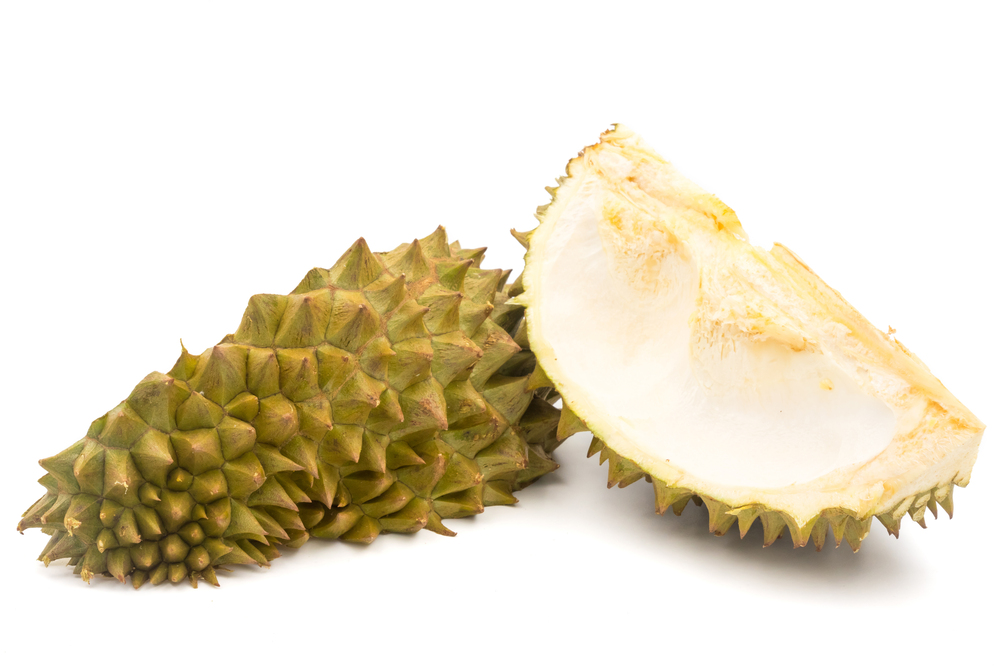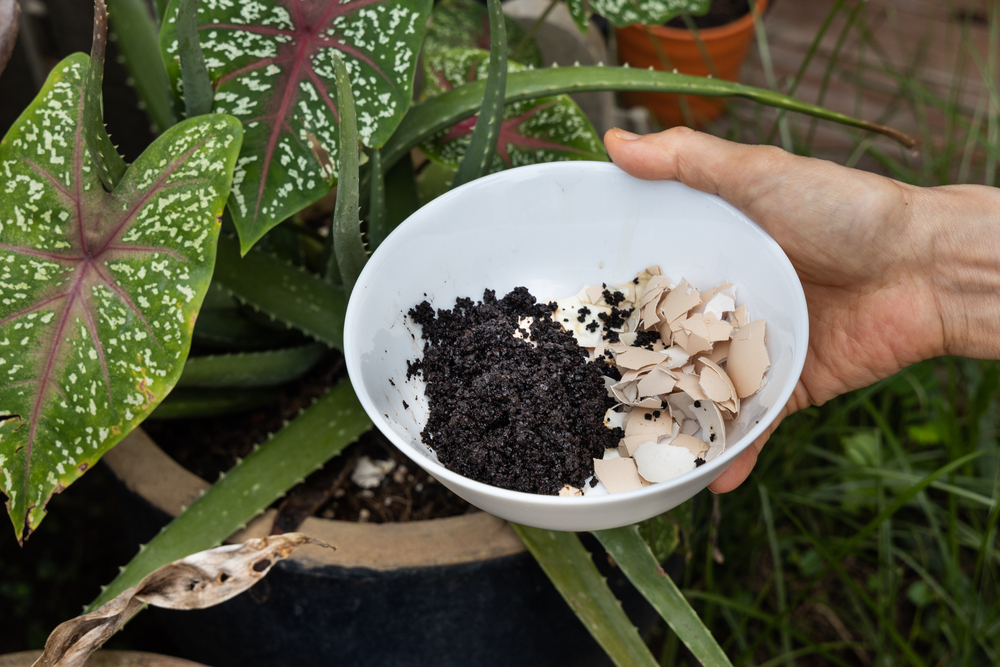How does a food recycler work? What foods can and cannot go in a food recycler? Are food recyclers worth it?
Food recyclers are a fantastic way to get rid of leftovers and waste without adding to the huge amounts of rubbish out there in landfills already. So many of the things we throw out every day can be recycled instead, not only cutting down on how much you chuck out but leaving you with an organic fertilizer that can be used to grow more food. This sustaining cycle will leave both you and the planet feeling better, so here we will look at how these machines work, what exactly you can put in, and help you decide if a food recycler is a right fit for you.
How does a food recycler work?
A food recycler acts like your body’s digestive system, breaking down the waste using clever micro-organisms to digest the products until they become compost. You simply separate out the materials which aren’t suited to this process, put the rest in, and add the micro-organisms and within 24 hours you will have an effective and useful organic fertilizer. You only have to add in the micro-organisms the first time. After that they will continually keep themselves topped up, replenishing and growing so the system keeps ongoing. One of the added bonuses is that during the composting process your Hass food recycler won’t produce any nasty smells, so you can enjoy being more environmentally friendly and come out smelling of roses.

What foods can go in a food recycler?
It is essential that you know what you can and cannot put in your food recycler. So many of the things that you use on a daily basis are absolutely fine to go in, leaving you to enjoy the food and drink you like and know that any remains will go to good use. It can also get rid of some of the more unpleasant waste in your home and garden, so here are a few examples of what you can compost:
- Coffee grinds and tea leaves – start your day off right with a cup of whatever your favourite beverage is and it will taste even better knowing that you are also helping the environment too.
- Most raw foods – apart from a couple of exceptions that we will look at further down, everything from your excess fruits to vegetable peels and other leftovers can all be composted in a food waste recycling machine.
- Garden waste – some trimmings and so on can go in your recycler, just be careful about the amounts and materials.
- Animal waste – we all love our pets but their waste? Not so much. A small amount of the leavings of dogs or other animals can be composted along with everything else. Cat litter is also fine as long as it is the organic kind of material so make sure you double-check before you put it in.
Your food recycler can take care of so much of your household waste in a hassle-free way that won’t create too much rubbish and won’t smell bad at the same time. If you are unsure if what you want to recycle will work do check and see so you don’t mess up the process or harm your machine in the long run.

What foods cannot go in a food recycler?
In order to have good quality fertilizer created in a quick and easy manner, it is equally important to know which types of produce and materials you should avoid. One of the main rules to remember is that you shouldn’t put in too much of any one thing. In all your food recycler can manage 1-2kg of matter a day, and it is better to have a balance within that of different things to get the best fertilizer and keep your machine and its micro-organisms working away. Here are a few of the key items to leave out for best results:
- Hard objects – materials like bones, most shells, and even really hard and tough peel and rind won’t break down correctly in your recycler. Mangosteen peel and durian rind are examples of this as well as seeds and pips so avoid them if you can.
- Excess moisture and wetness – do not pour in soup, juice, sauces, or the rest of your drink. The micro-organisms will work much faster and more efficiently without too much damp, and a lot of water can actively slow down and even harm the process altogether.
- Tissue paper, string, and rubber bands – all of these objects are best avoided. Between the added chemicals that can be found in some things, the way they break down and could mess with the organic compost it is better to stick with food and other waste.
- Other fertilizers and chemicals – EM water and fertilizers can once again disrupt and confuse the process. Your food recycler already has clever little micro-organisms working to digest your waste so adding in others is generally a bad idea.
If you avoid these key groups you should have a machine that quickly and easily digests your waste into lovely fertilizer in a matter of hours.

Are food recyclers worth it?
It is true that food recyclers are not the cheapest way to get rid of your excess food and other organic matter, but it is arguably the best. It is a great way to recycle unwanted products and benefit the planet at the same time giving you a quality organic fertilizer that can be used to grow more plants and food in a sustaining cycle. Though you have the expense of buying your own composter in the first place, it will keep on doing its job and reducing your waste and pollution for the planet for years to come.
Conclusion
If you are looking for an eco-friendly and non-smelly solution to your household waste give a food recycler a try and see how fast and effective it can be for your waste management needs. Not only will you have less rubbish and produce a fertilizer that can be used again but you will also be helping the environment at the same time, a real win-win.

